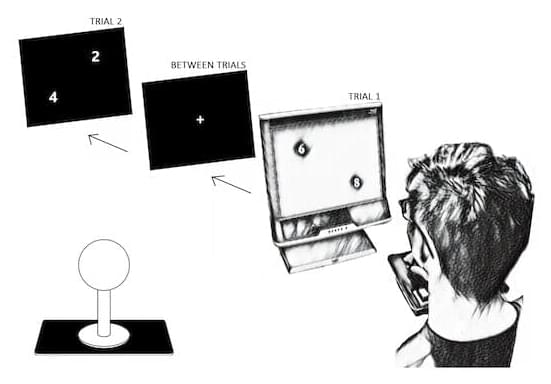https://youtu.be/fWYJwB3FMP0
Power is life, whether in the void or on another planet far from Earth.
Therefore, the use of nuclear energy and a constant, powerful supply of.
electricity has the potential to speed up, improve, and lower the cost of.
interplanetary travel.
The NASA-supported SpaceX nuclear rocket technology may be the way of.
the future for space travel. It might significantly shorten journey times to far
off locations, improve launch flexibility, and make astronaut safety.
throughout spaceflight. Additionally, it might reduce the likelihood of hostile.
attacks against satellites.
What is this space technology, and how does it work?
Join us as we explore how SpaceX’s insane new nuclear Starship shocked the.
entire space industry.
Disclaimer Fair Use:
1. The videos have no negative impact on the original works.
2. The videos we make are used for educational purposes.
3. The videos are transformative in nature.
4. We use only the audio component and tiny pieces of video footage, only if it’s necessary.
DISCLAIMER:
Our channel is purely made for entertainment purposes, based on facts, rumors, and fiction.
Copyright Disclaimer under section 107 of the Copyright Act 1976, allowance is made for “fair use” for purposes such as criticism, comment, news reporting, teaching, scholarship, education, and research. Fair use is a use permitted by copyright statutes that might otherwise be infringing.



